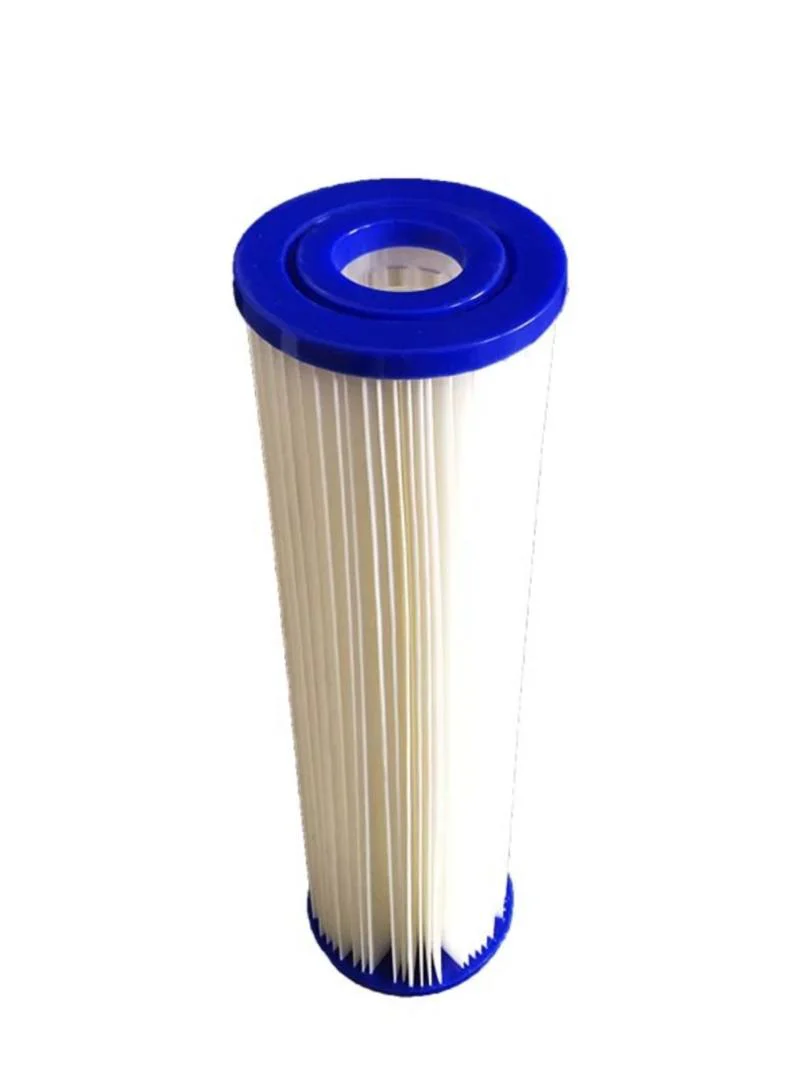Introduction
Optimizing chiller performance is essential for maintaining energy efficiency and ensuring reliable operation, and one of the simplest yet impactful maintenance practices is routine filter replacement. Filters in a chiller system prevent dust, dirt, and debris from entering critical components like evaporator and condenser coils, which are vital to the heat exchange process. Over time, these filters become clogged, reducing airflow and causing the system to work harder to maintain set temperatures. This increased workload not only diminishes cooling efficiency but also raises energy consumption and operational costs. Regularly replacing these filters can significantly improve chiller performance, enhancing both energy efficiency and system longevity.
Enhanced Energy Efficiency:
- Reduced Energy Consumption: When filters are clean, air flows freely through the chiller, allowing it to cool more efficiently. Clogged filters cause a restriction in airflow, forcing the chiller to consume more energy to maintain desired temperatures. Studies show that a 1% reduction in efficiency can occur for every degree increase in chiller operating temperature caused by restricted airflow.
- Lower Operational Costs: Reduced energy consumption directly translates to lower utility bills. Regular filter replacements, though a minor cost in comparison, can significantly reduce the overall energy expenses of running a chiller.
Improved Cooling Capacity:
- Consistent Cooling Performance: Dirty filters limit the chiller’s ability to reach and maintain set temperatures, especially during peak cooling demands. This inconsistency can cause discomfort in facilities reliant on stable temperature conditions, such as hospitals or data centers.
- Enhanced Load Handling: Routine filter replacements enable the chiller to handle its full cooling capacity, maintaining steady performance even under high load conditions.
Prolonged Equipment Lifespan:
- Reduced Wear on Components: By preventing contaminants from reaching components like evaporator and condenser coils, routine filter replacements protect the chiller’s internal parts. This reduces wear and tear on critical components such as the compressor, which is one of the most expensive parts to repair or replace.
- Lower Maintenance Costs: Clean filters prevent dust and dirt buildup on internal surfaces, reducing the frequency of expensive cleaning and maintenance tasks, and keeping the chiller in optimal working condition.
Improved Indoor Air Quality:
- Enhanced Air Filtration: Replacing filters regularly prevents dust and particles from circulating through the chiller, which is crucial in facilities where air quality is paramount, such as healthcare, pharmaceutical production, and food processing plants.
- Reduced Health Risks: Dirty filters can become breeding grounds for mold, bacteria, and allergens, especially in humid environments. Regularly replaced filters prevent such contaminants from spreading, contributing to a healthier indoor environment.
Reduced Risk of Equipment Failure:
- Minimizing Unexpected Downtime: Filters that remain clogged for too long increase the strain on chiller components, leading to overheating and higher risk of breakdowns. With regular replacements, the chiller is less likely to face unexpected downtimes, ensuring smooth and uninterrupted operation.
- Preventing Emergency Repairs: Emergency repairs are often more costly than scheduled maintenance. Replacing filters at regular intervals helps avoid sudden, expensive repairs and reduces the risk of costly emergency services.
Supporting Preventive Maintenance Strategies:
- Predictable Maintenance Schedule: Routine filter replacements create a consistent maintenance routine that can be paired with other preventive tasks such as coil cleaning and refrigerant level checks, optimizing overall chiller maintenance.
- Lower Total Cost of Ownership: Over time, preventive maintenance that includes filter replacements can reduce the total cost of ownership by prolonging the life of the equipment, reducing repair costs, and minimizing energy expenses.
Environmental Benefits:
- Reduced Carbon Footprint: Energy-efficient chillers consume less electricity, which in turn reduces greenhouse gas emissions. Regular filter replacements support this efficiency, helping facilities reduce their environmental impact.
- Sustainable Operations: By prolonging equipment lifespan and maintaining energy efficiency, routine filter maintenance contributes to a facility’s sustainability goals. Many companies have corporate responsibility initiatives focused on reducing their carbon footprint, and efficient chiller operation aligns with these goals.
Best Practices for Routine Filter Replacement:
- Frequency of Replacement: The frequency of filter changes depends on usage, environment, and chiller type. For standard environments, changing filters every three months is typical. In harsher or dustier conditions, monthly changes may be necessary.
- Monitoring Filter Conditions: Using pressure gauges or differential pressure sensors to monitor the condition of filters helps determine the best time for replacement. These tools provide real-time data on airflow resistance, making it easy to identify when a filter is close to clogging.
- Using High-Quality Filters: Investing in high-quality filters suited to the chiller’s operating environment can enhance filtration, improve efficiency, and extend the life of other components by better protecting them from contaminants.
Impact of Neglecting Filter Maintenance:
- Higher Utility Bills: Overworked systems result in higher electricity costs. Dirty filters can cause a chiller’s energy consumption to increase by up to 15-20%, a significant expense for facilities with multiple chillers.
- Increased Mechanical Strain: The compressor, fans, and other components must work harder when airflow is restricted. This added strain accelerates component degradation, potentially leading to costly repairs or even full system replacement sooner than expected.
Conclusion
Routine filter replacements are a cost-effective and impactful strategy for optimizing chiller performance. By ensuring consistent airflow, clean filters reduce energy consumption, lower operational costs, and enhance cooling capacity. Regular maintenance also prolongs equipment lifespan, minimizes unexpected breakdowns, and contributes to a healthier indoor environment by preventing the spread of contaminants. For industries where precise temperature control and reliable operation are critical, establishing a preventive maintenance schedule for filter replacements is essential. This simple yet powerful practice not only supports efficient chiller performance but also aligns with sustainability goals by reducing energy usage and extending the life of critical cooling equipment.

